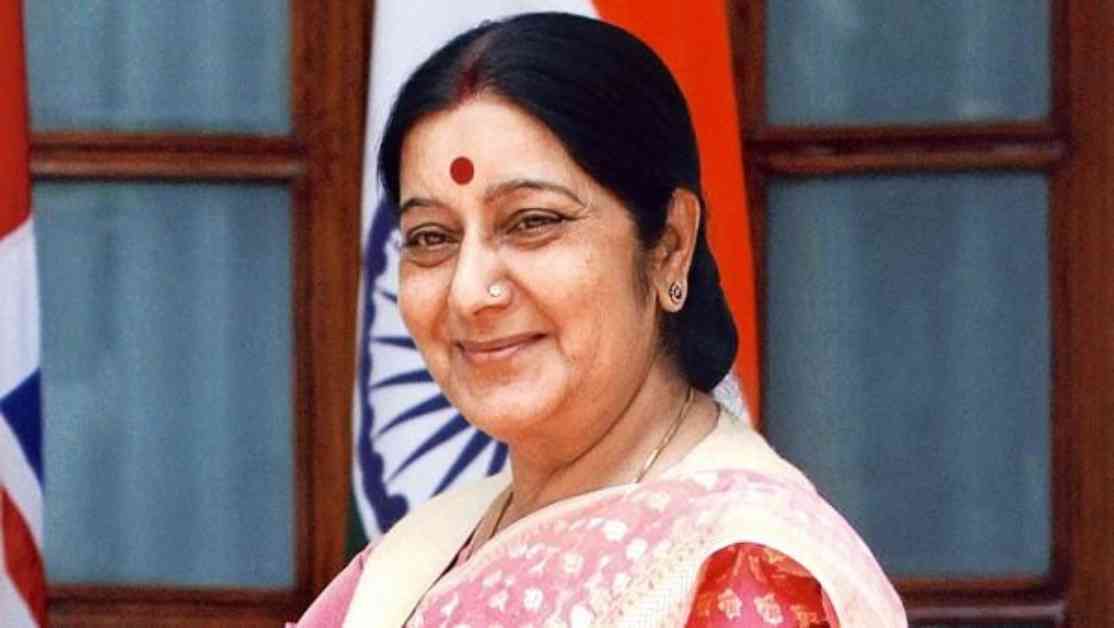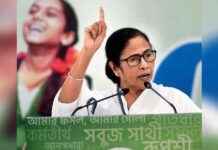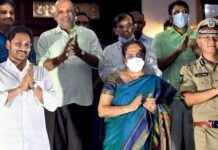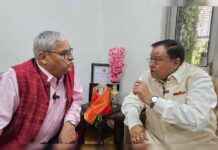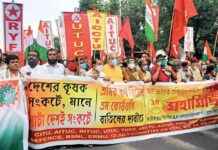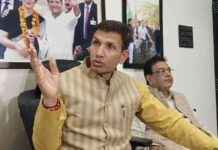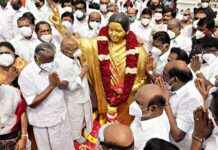Delhi is on the cusp of welcoming its fourth Chief Minister from the Bharatiya Janata Party (BJP), marking a significant shift in the political landscape of the national capital. After emerging victorious in the Delhi Election 2025, the BJP secured 48 out of 70 seats in the Delhi Assembly, a remarkable increase from the mere eight seats it held in the 2020 Delhi Assembly Election. The Aam Aadmi Party (AAP), on the other hand, saw a significant drop in its seat share, winning only 22 seats compared to the 62 it secured in the previous election, while the Congress failed to secure any seats, maintaining a constant seat share of zero.
Delhi CM from BJP for the 4th time
The BJP’s triumph in the Delhi Election 2025 not only signifies a return to power after more than two decades but also sets the stage for the appointment of the fourth BJP Chief Minister in Delhi. The party first took the reins in the national capital back in 1993 when it clinched 49 seats in the assembly, marking the beginning of a series of BJP Chief Ministers in Delhi. Madan Lal Khurana, Sahib Singh Verma, and Sushma Swaraj are the predecessors who have held this prestigious position, each with their unique challenges and legacies.
Madan Lal Khurana, also known as ‘Delhi ka Sher’ (Lion of Delhi), served as the first BJP Chief Minister in Delhi from 1993 to 1996. His tenure was marred by the infamous Hawala scandal in 1994, which eventually led to his resignation in 1996. Despite his short-lived term, Khurana’s leadership left a lasting impact on the political landscape of Delhi, setting the stage for his successors to navigate the complex dynamics of governance in the city.
The Legacy of BJP Chief Ministers in Delhi
Following Khurana’s resignation, Sahib Singh Verma assumed the role of the second BJP Chief Minister in Delhi, serving from 1996 to 1998. Verma’s tenure was marked by challenges such as soaring onion prices and a water crisis, which ultimately led to his resignation after facing public backlash. Despite these hurdles, Verma’s legacy continues to shape the political discourse in Delhi, laying the groundwork for subsequent leaders to address the pressing issues facing the city.
Sushma Swaraj, Delhi’s first female Chief Minister, took office in October 1998, aiming to usher in a new era of governance in the national capital. During her brief 52-day tenure, Swaraj implemented initiatives to address the supply of onions and alleviate price pressures, showcasing her commitment to addressing the needs of Delhi residents. However, the BJP’s defeat in the 1998 Delhi Elections marked a turning point in the city’s political landscape, paving the way for the Congress to assume power for the next 15 years before the AAP’s historic victory in 2013.
In the wake of the 2025 Delhi Elections, the BJP’s resurgence signals a shift in the city’s political dynamics, ending the AAP’s decade-long rule and heralding a new chapter in Delhi’s governance. With 48 seats secured in the assembly, the BJP is poised to take charge once again after more than 26 years, underscoring the enduring legacy of the party in the national capital. As Delhi prepares for its fourth BJP Chief Minister, the city stands at a crossroads, poised for a new era of leadership and governance that will shape its future for years to come.
